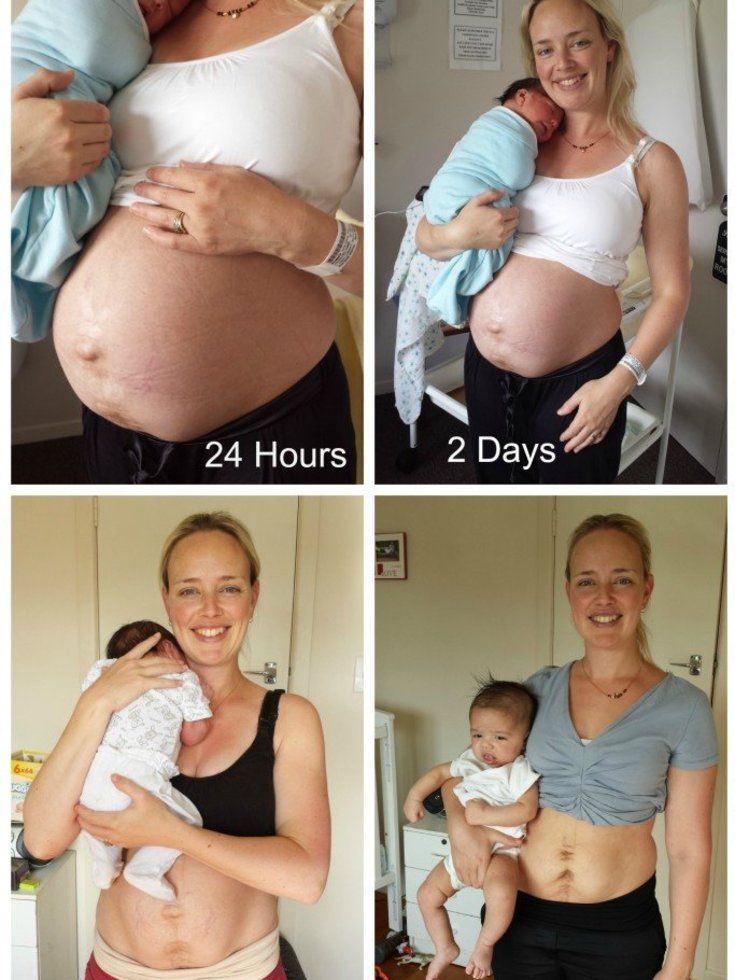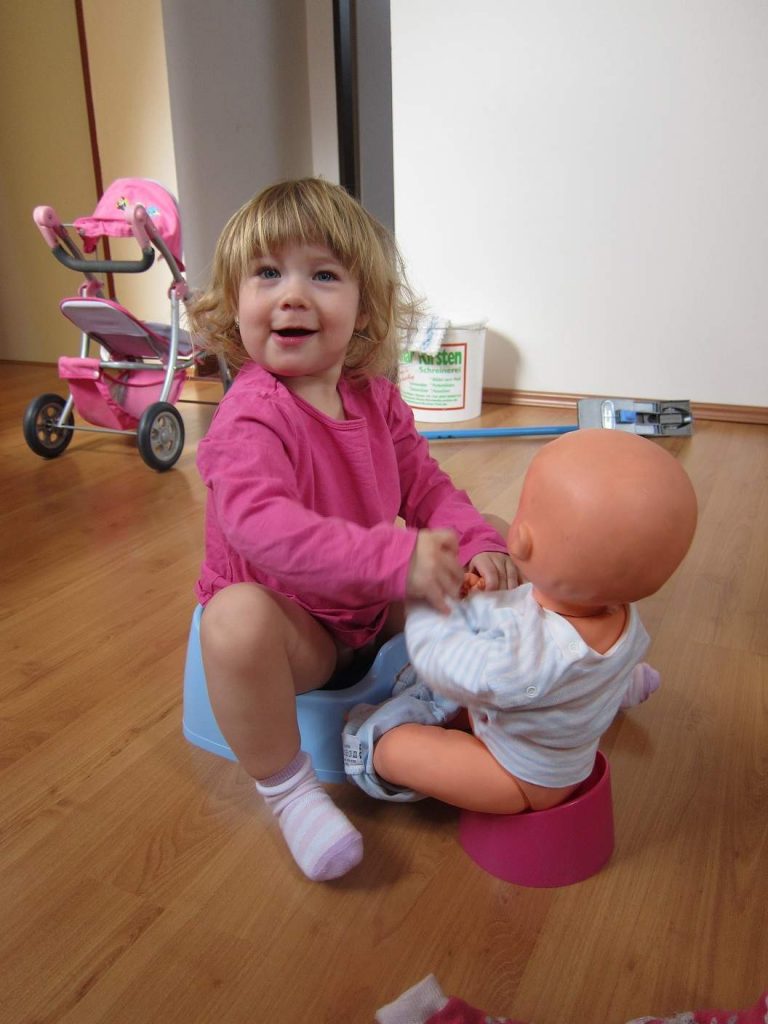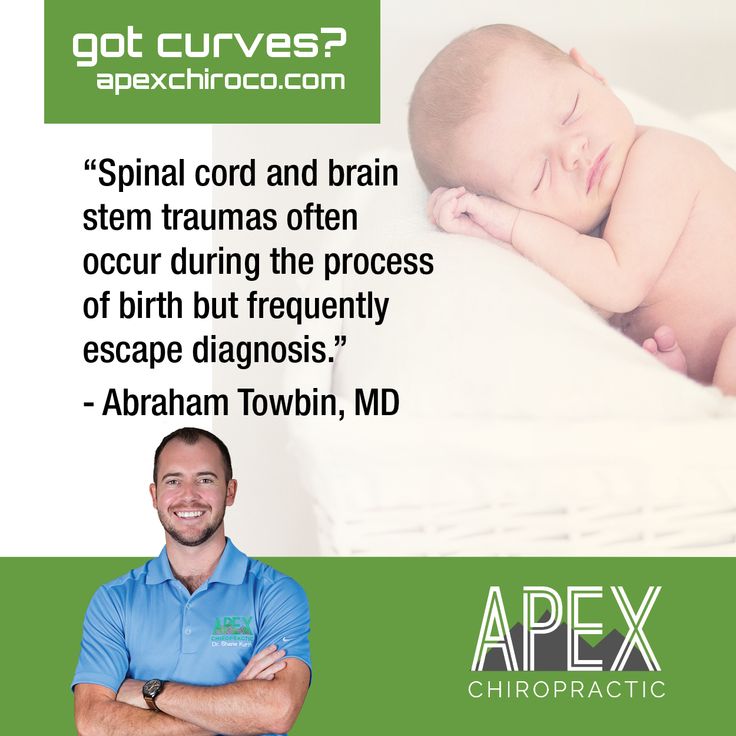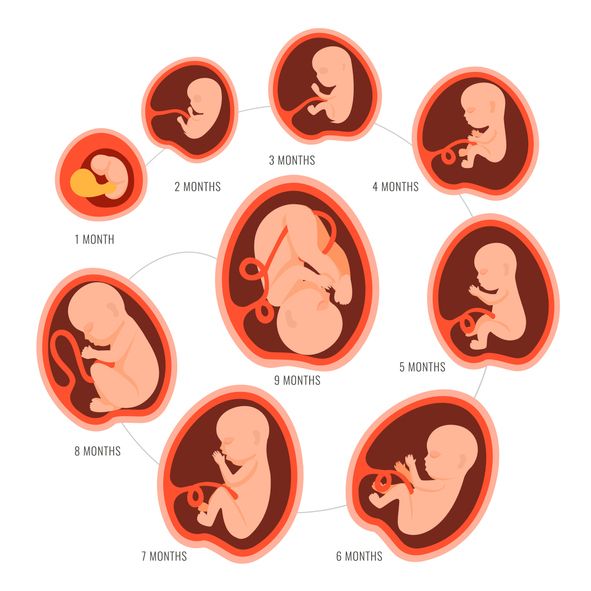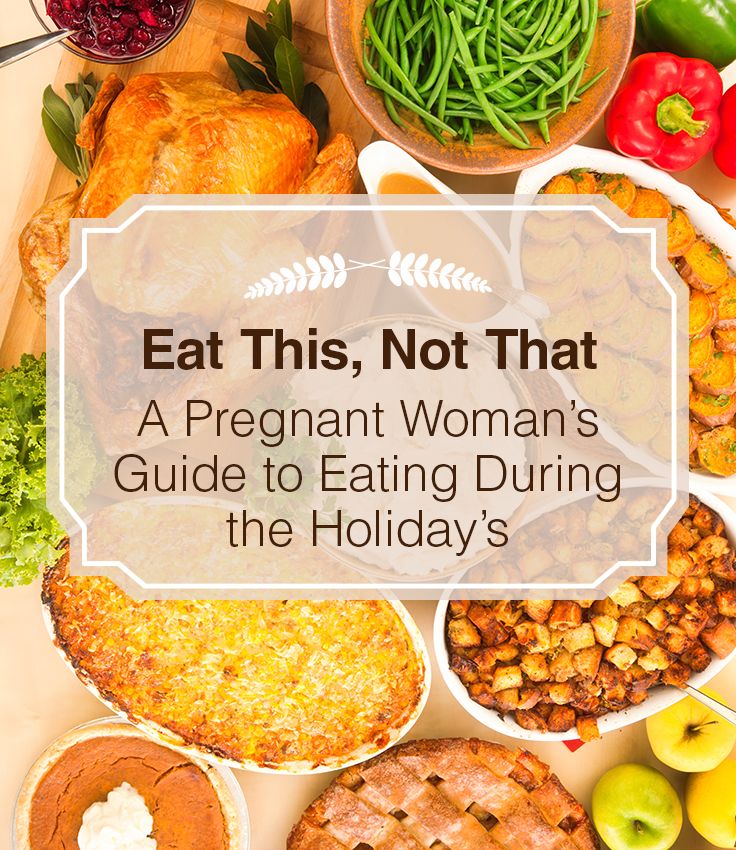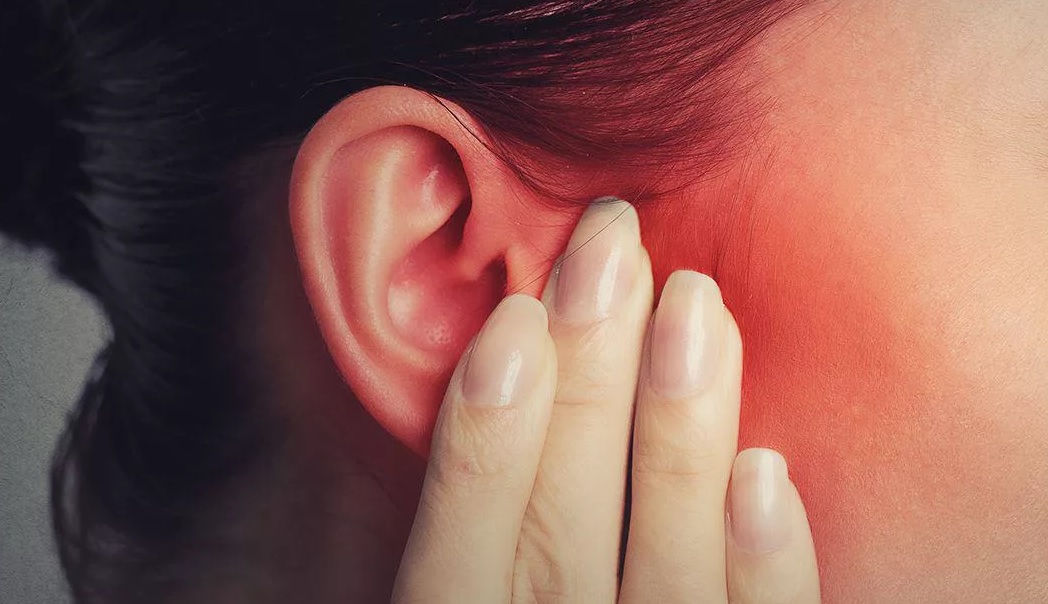Post delivery pregnancy
Recovering From Delivery - Postpartum Recovery
Your body has just done one of the most remarkable things it will ever do: grow another human being. After 9 months of waiting, you are probably excited to finally be home with your new baby. Much of your focus and energy during the coming weeks and months will be on baby, but remember that you also need to take care of yourself, too.
Your delivery may have been complicated or easy. You may have had a cesarean birth (C-section) or vaginal delivery. You may have labored for a few hours or a few days. No matter what your delivery looked like, your body has been through a trauma just the same. It is going to need time to recover.
Your postpartum recovery won’t be just a few days. Fully recovering from pregnancy and childbirth can take months. While many women feel mostly recovered by 6-8 weeks, it may take longer than this to feel like yourself again. During this time, you may feel as though your body has turned against you. Try not to get frustrated. Remember that your body is not aware of your timelines and expectations. The best thing you can do for it is rest, eat well, and give yourself a break.
During this time, your hormones also will be fluctuating. You may not be thinking clearly and will be more emotional. Again, give yourself time for this to pass. However, if at any time you think about hurting yourself or your baby, tell someone.
Path to improved health
It took the better part of a year to grow and have a baby. Take comfort in knowing that, for the most part, you will begin to feel like yourself much sooner than that. In a few months, you should be well on your way to recovery.
That is not to say that postpartum recovery won’t have its challenges. It is very common to feel as though your body is not healing as quickly as you’d like. Remember, the more you can rest your body and let it fully recover, the better you’ll be for it. Even if you can only manage to eat, sleep, and care for your baby, that is enough.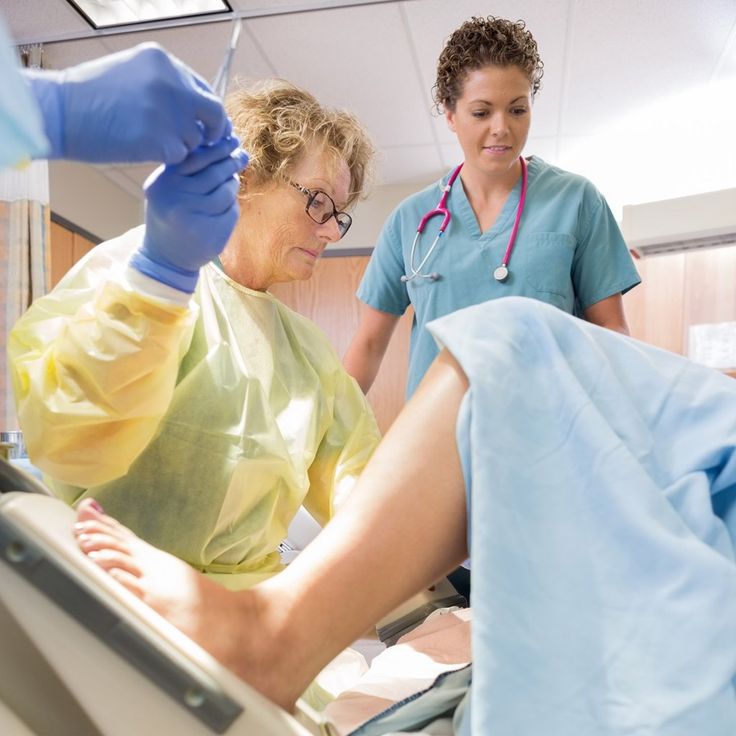
During the first six weeks, pay attention to your body. You’ll be tired and focused on your baby, but try to notice changes with your own body. This is very important as you heal.
As you begin to feel better, resist the temptation to do more. Overdoing things at this point can set you back in your recovery. Concentrate on nourishing your body with good foods, drinking plenty of water (especially if you are breastfeeding), and getting enough rest.
If you’ve had a C-section, you’ll have more restrictions about what you can do in the days and weeks following childbirth. Common don’ts include driving and lifting anything heavier than your baby. Your doctor will let you know when you can resume normal activities.
Here is more of what you can expect during your postpartum recovery.
Abdominal pain. As your uterus shrinks back into its normal size and shape, you will feel pain in your abdomen (lower belly). These pains are called “afterpains.” Most of these pains will be dull, but some will be sharp. You may feel more of these pains as you breastfeed your baby. That is because breastfeeding stimulates a chemical in your body that causes the uterus to contract (tighten). For many women, applying heat to the area helps control the pain. Consider using a heating pad or hot water bottle. Your abdominal pain should ease up over time. If these pains get worse or don’t let up, you should call your doctor.
You may feel more of these pains as you breastfeed your baby. That is because breastfeeding stimulates a chemical in your body that causes the uterus to contract (tighten). For many women, applying heat to the area helps control the pain. Consider using a heating pad or hot water bottle. Your abdominal pain should ease up over time. If these pains get worse or don’t let up, you should call your doctor.
Baby blues. You are so excited and happy to bring baby home. The next minute, though, you are sad. It can be confusing, especially to new moms. Know that many women (70-80%) struggle with feeling sad the first few weeks after having a baby. It is commonly called the “baby blues” and is caused by hormone changes. It is nothing to be ashamed of. In fact, confiding in a friend of family member can often make you feel better. If these feelings last more than a few weeks or you are not able to function because of them, you could have postpartum depression. Postpartum depression is more serious than baby blues. If you have severe feelings of sadness or hopelessness, you should call your doctor.
If you have severe feelings of sadness or hopelessness, you should call your doctor.
Constipation. It is very common to be constipated in the days following childbirth. There are several things that could cause this. If you received any pain-relieving drugs in the hospital, they could slow down your bowels. If you had anesthesia (a pain blocker) for any reason, that also can cause it. Sometimes, postpartum constipation is brought on simply by fear. This is true especially if you have stitches because you had an episiotomy (a surgical cut between the vagina and anus to widen the vaginal opening for childbirth) or tore this area during delivery. You may be afraid of damaging the stitches or be afraid that a bowel movement will cause even more pain in that area. To help ease constipation, drink plenty of water and try to eat foods that offer a lot of fiber. In many cases, you may want to talk to your doctor about prescribing a stool softener (such as Colace or Docusoft). If you haven’t had a bowel movement by four days postpartum, call your doctor.
If you haven’t had a bowel movement by four days postpartum, call your doctor.
Hemorrhoids. You may have developed hemorrhoids (painful swelling of a vein in the rectum) during your pregnancy. If not, you may have gotten them from the strain and pushing during delivery. They can cause pain and bleed after a bowel movement. They also itch. You can get some relief from the pain and itching by applying witch hazel to your hemorrhoids. This is especially effective if you keep the witch hazel in the refrigerator. Your hemorrhoids should shrink over time. If not, contact your doctor.
Hormonal shifts. Besides fueling your mood swings (see “Baby blues,” above), hormones are also responsible for other postpartum symptoms. You may be sweating more, especially at night when you sleep. Just make sure that your sweating is not accompanied by a fever. That could be a sign of infection. Hormonal changes also cause hair loss for many new moms. This is only temporary.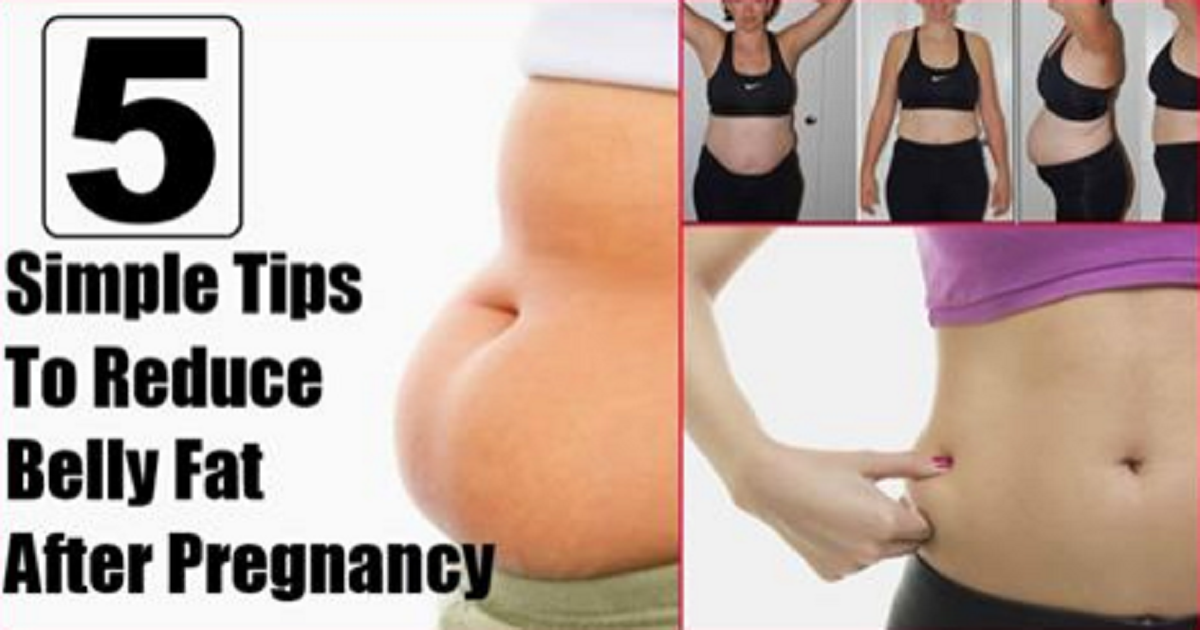 When your estrogen levels increase, your hair will return to its normal thickness.
When your estrogen levels increase, your hair will return to its normal thickness.
Perineum soreness. The perineum is the area between your vagina and anus. Many times, this area will tear during childbirth. Other times, your doctor may have to make a small cut in this area to widen your vagina for childbirth. Even if neither of these things happened during your vaginal birth, your perineum will be sore and possibly swollen postpartum. You may feel discomfort in this area for several weeks. While you recover, sitting on an icepack several times a day for 10 minutes will help relieve the pain. This is especially good to do after going to the bathroom. During the first week postpartum, also use a squirt bottle to rinse the perineum with warm water after using the toilet. Notify your doctor if your perineum area does not get less sore each day or you have any sign of infection.
Sore nipples and breasts. The first few days of breastfeeding, it is normal for women to have sore nipples and breasts. If the soreness continues beyond a few days, it could be that the baby isn’t latching correctly. Try changing positions or consult a lactation expert (breastfeeding expert) for help. Do this before your nipples develop painful cracks, which could sideline your breastfeeding. The American Academy of Family Physicians (AAFP) recommends that all babies, with rare exceptions, be breastfed and/or receive expressed human milk exclusively for the first six months of life. Breastfeeding should continue with the addition of complementary foods throughout the second half of the first year.
If the soreness continues beyond a few days, it could be that the baby isn’t latching correctly. Try changing positions or consult a lactation expert (breastfeeding expert) for help. Do this before your nipples develop painful cracks, which could sideline your breastfeeding. The American Academy of Family Physicians (AAFP) recommends that all babies, with rare exceptions, be breastfed and/or receive expressed human milk exclusively for the first six months of life. Breastfeeding should continue with the addition of complementary foods throughout the second half of the first year.
Stitches. If you have stitches due to a torn or cut perineum (see “Perineum soreness,” above), it will take 7-10 days to heal. The stitches will absorb over time. It is important that you keep the stitches from getting infected by gently cleaning them with warm water after each time you use the toilet. Do this by using a squirt bottle to rinse the area and pat it dry. Do not wipe the area with toilet paper or you could irritate the stitched area. No matter how eager you are to check the healing progress, try to keep you hands off the stitches. If the area begins to hurt worse or the stitches seem weepy, contact your doctor. It could be a sign of infection.
No matter how eager you are to check the healing progress, try to keep you hands off the stitches. If the area begins to hurt worse or the stitches seem weepy, contact your doctor. It could be a sign of infection.
If you have stitches from a cesarean birth (C-section), these heal in varying degrees. The stitches in the skin should heal in 5-10 days. The underlying stitches in your muscle layer will take longer to heal. These won’t completely heal for 12 weeks. For the stitches that you can see, make sure to watch for any signs of infection. These signs include if the incision area is red, swollen, or weeping pus; or if you have a fever.
Vaginal bleeding and discharge. After giving birth, it is common that you will have vaginal bleeding and discharge (this is called lochia), even if you had a C-section. This is your body’s way of eliminating the extra blood and tissue that was used to grow and nourish your baby. Expect for this to be heavier at first (up to 10 days), but then taper off.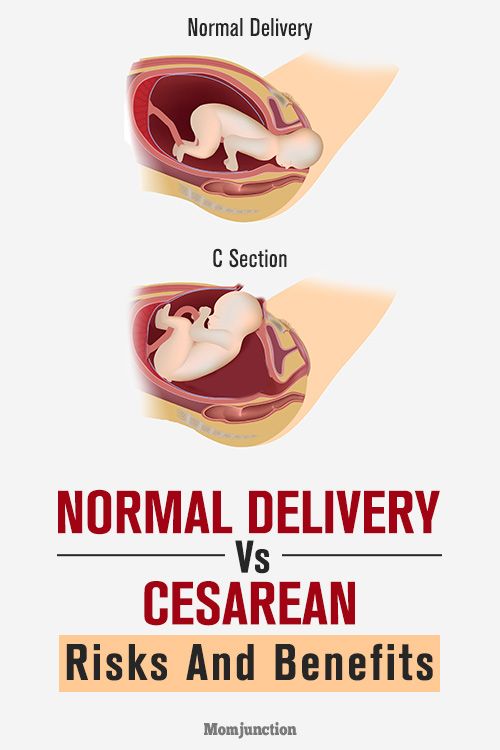 Light bleeding and spotting can last up to six weeks after delivery. It is important that you use only sanitary pads during this time. Using tampons can introduce bacteria and lead to infection. Also expect to pass some clots, especially the first week. If clots are bigger than a quarter, you should contact your doctor.
Light bleeding and spotting can last up to six weeks after delivery. It is important that you use only sanitary pads during this time. Using tampons can introduce bacteria and lead to infection. Also expect to pass some clots, especially the first week. If clots are bigger than a quarter, you should contact your doctor.
Water retention. You may be eager for that swelling you noticed during your pregnancy to go away. It won’t, though, for a while longer. Also known as postpartum edema (swelling), your body will continue to hold on to water because of an increase in a hormone called progesterone. You may notice the swelling in your hands, legs, and feet. It shouldn’t last much longer than a week after delivery. If it does or if it seems to get worse over time, be sure to tell your doctor.
Weight loss. If you were hoping for immediate weight loss after your baby was born, you were probably very disappointed. No mother is that lucky, no matter what you read in the tabloids.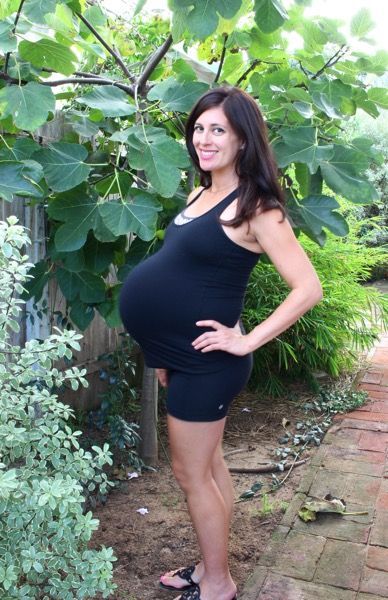 You can expect to lose about 6-12 pounds (depending on the size of your baby) during the birth. After that, your weight loss will slow considerably. Depending on how much weight you gained during pregnancy (the average is 25-35 pounds), it may take several months to lose the baby weight. For many women, breastfeeding seems to help promote weight loss. Other moms don’t see weight loss associated with breastfeeding. Try to keep your nutrition consistent while you are breastfeeding and do not get frustrated if it takes longer than you’d hoped to lose the weight.
You can expect to lose about 6-12 pounds (depending on the size of your baby) during the birth. After that, your weight loss will slow considerably. Depending on how much weight you gained during pregnancy (the average is 25-35 pounds), it may take several months to lose the baby weight. For many women, breastfeeding seems to help promote weight loss. Other moms don’t see weight loss associated with breastfeeding. Try to keep your nutrition consistent while you are breastfeeding and do not get frustrated if it takes longer than you’d hoped to lose the weight.
Things to consider
Pay attention to your body after giving birth. If something doesn’t seem right, it probably isn’t. Soreness is to be expected, but too much pain could mean something is seriously wrong. Don’t be so wrapped up in caring for your baby that you ignore your own health.
Just because you’ve made it through delivery, you are not necessarily out of danger for health complications. There are life-threatening problems related to childbirth that can happen days or weeks after delivery.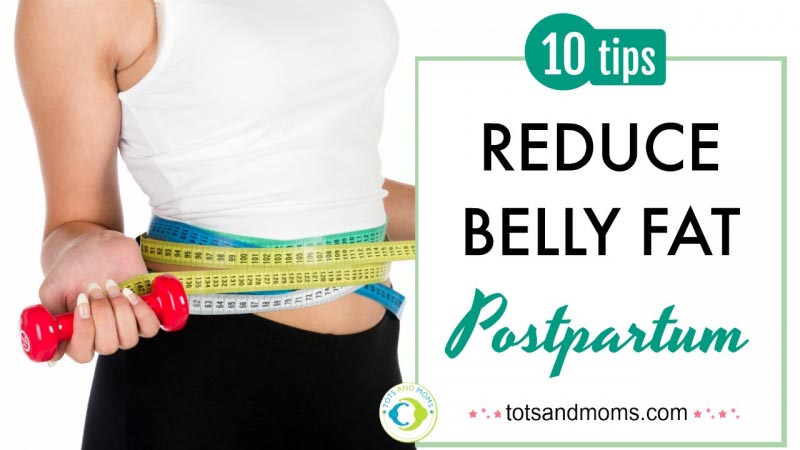
- Postpartum hemorrhage is rare but can happen. If your postpartum bleeding is filling more than a pad every hour, you should contact your doctor immediately. Without treatment, postpartum hemorrhage can be fatal.
- Headaches that are severe and don’t go away can also signal an underlying problem, especially coupled with high blood pressure. You could be in danger of having a stroke.
- Deep vein thrombosis (a blood clot in a deep vein) is a somewhat uncommon problem (1 in every 1,000 pregnancies) that can occur during or after pregnancy. Symptoms include leg pain or feeling like you have a pulled muscle. Your leg may also be red and hot to the touch. Left untreated, these clots can break away and travel to your lungs. When this happens, it can be life-threatening.
- Postpartum preeclampsia is rare and can develop within 48 hours after childbirth or as late as six weeks after childbirth. It is similar to preeclampsia (also called toxemia), which can occur while you’re pregnant.
 Both preeclampsia and postpartum preeclampsia cause your blood vessels to constrict (get smaller). This results in high blood pressure and also distresses your internal organs. Sometimes there are no obvious symptoms, unless you are monitoring your blood pressure. When you do have symptoms, they may include severe headache, swelling of your hands and feet, blurred vision, pain in the upper right portion of your body, and sudden weight gain. If you suspect you may have postpartum preeclampsia, call your doctor immediately.
Both preeclampsia and postpartum preeclampsia cause your blood vessels to constrict (get smaller). This results in high blood pressure and also distresses your internal organs. Sometimes there are no obvious symptoms, unless you are monitoring your blood pressure. When you do have symptoms, they may include severe headache, swelling of your hands and feet, blurred vision, pain in the upper right portion of your body, and sudden weight gain. If you suspect you may have postpartum preeclampsia, call your doctor immediately.
When to see a doctor
When you are recovering from delivery, it is best to err on the side of caution if you feel that something is not right with you or with the baby. You should expect to have some discomfort as you heal. You should not begin to feel worse.
In general, if you have any of these postpartum symptoms, call your doctor.
- Heavy vaginal bleeding that soaks more than one pad per hour or vaginal bleeding that increases each day instead of decreasing.

- Passing large clots (bigger than a quarter).
- Chills and/or a fever of more than 100.4°F.
- Fainting or dizziness.
- Changes to your vision or a severe headache (persistent).
- Painful urination or difficulty urinating.
- Vaginal discharge with a strong odor.
- Heart palpitations, chest pain or difficulty breathing.
- Vomiting.
- Incision from C-section or episiotomy is red, weepy (with pus), or swollen.
- Abdominal (lower belly) pain that is getting worse or new abdominal pain.
- Sore breasts that are red or feel hot to the touch.
- Pain in your legs with redness or swelling.
- Increase in swelling.
Questions to ask your doctor
- How long until I will feel like myself again?
- Why am I still retaining water?
- How many calories should I eat while I’m breastfeeding?
- When can I begin exercising?
- How long should I wait before having sex again?
- Can I get pregnant while I’m breastfeeding?
- Why is my hair falling out?
- Are there foods I shouldn’t eat while breastfeeding?
- Why aren’t I losing weight?
- What are my options for birth control?
- Will my breasts go back to normal?
- Why do I have no interest in sex?
Resources
Centers for Disease Control and Prevention (CDC): Depression Among Women
National Institutes of Health, MedlinePlus: Postpartum Care
Postpartum Support International
U. S. Department of Health and Human Services, Womenshealth.gov: Pregnancy: Recovering from Birth
S. Department of Health and Human Services, Womenshealth.gov: Pregnancy: Recovering from Birth
Mum's first 24 hours after birth
Mum's first 24 hours after birth | Pregnancy Birth and Baby beginning of content6-minute read
Listen
If you are pregnant with your first baby, you might be wondering what to expect after you have your baby and what changes may occur in your body during the first 24 hours after you give birth.
This page explains what to expect after a vaginal birth in hospital.
If you have a caesarean section, your experience will be a little different. You can read more about what to expect after a caesarean section.
What happens in the birth room immediately after I give birth?
The birth of a baby is a different experience for everyone.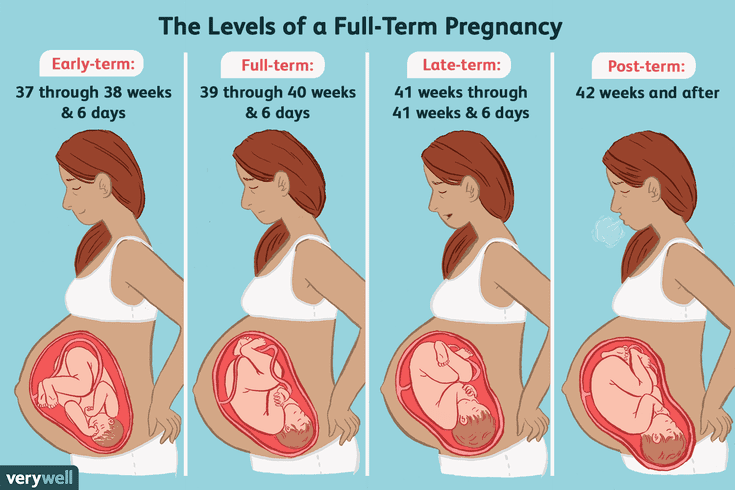 Although there are some things that may be similar for most new mothers.
Although there are some things that may be similar for most new mothers.
At the time of birth, your baby will likely be lifted up onto your chest for skin-to-skin contact. You will then need to deliver the placenta. Whilst you are cuddling your baby, your midwife or doctor will look at your perineum and vagina to see if you have any tears that need repairing with stitches.
Your midwife will check your baby and your pulse and blood pressure, and will check for vaginal blood loss and the firmness of your fundus (the top of the uterus). They will also do a thorough check of your baby from head to toe. If your baby is healthy at birth, this doesn’t need to happen straight away.
If you choose to breastfeed your midwife can help you feed your baby.
Find out more about your baby's first 24 hours.
How long will I be in the birth room after giving birth to my baby?
After a normal vaginal birth, you will probably stay in the birth room with your baby for about 2 hours.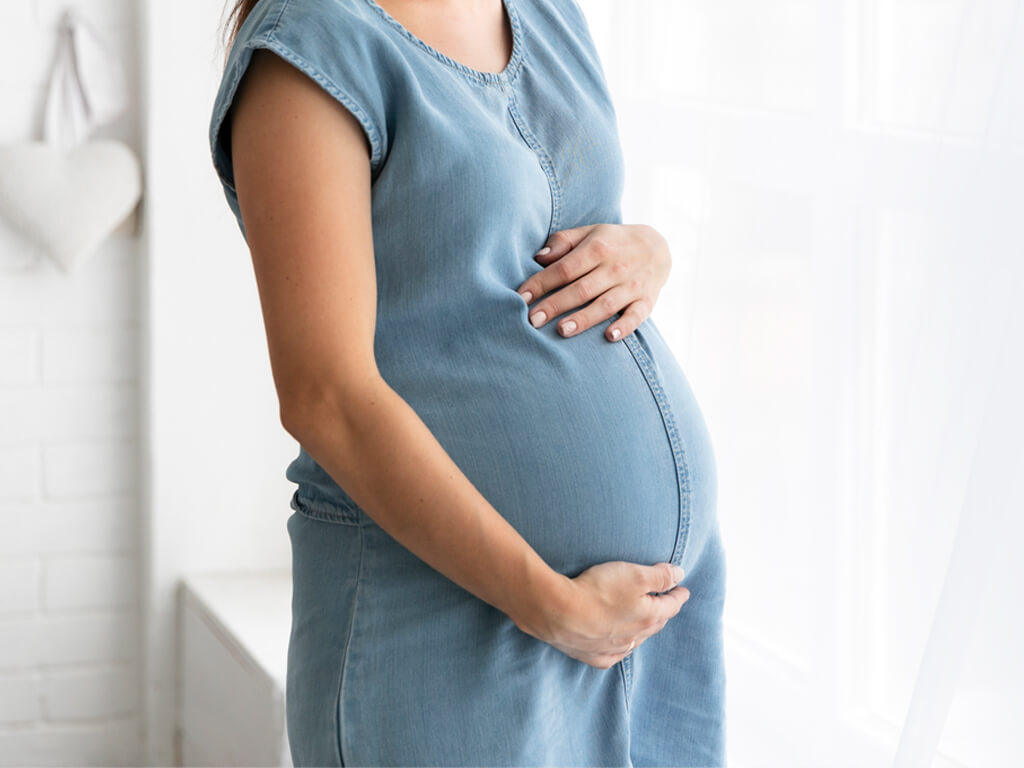 You may have a meal and a shower before transferring to the postnatal ward or going home. If you are going home 4 to 6 hours after birth, you might be able to stay in the birth room until discharge.
You may have a meal and a shower before transferring to the postnatal ward or going home. If you are going home 4 to 6 hours after birth, you might be able to stay in the birth room until discharge.
What should I expect physically in the first 24 hours after birth?
How you might feel after the birth varies. You might feel elated, exhausted, emotionally drained or all of them at once. This is normal, you have just been through a big and life changing event.
You will have bleeding from the vagina — this bleeding is known as 'lochia'. For the first 24 hours, lochia is similar to a heavy period and you might also pass some lochia clots. If clots are bigger, such as the size of a 50 cent piece, tell your midwife. You may continue losing blood from your vagina for around 4 to 6 weeks.
Some women have after-birth pains as the uterus starts to contract to its pre-pregnancy size. After-birth pains can feel like labour pains or mild to moderate period pain. If you’re having your second or third baby, they’ll probably be stronger than the after-birth pains from your first baby.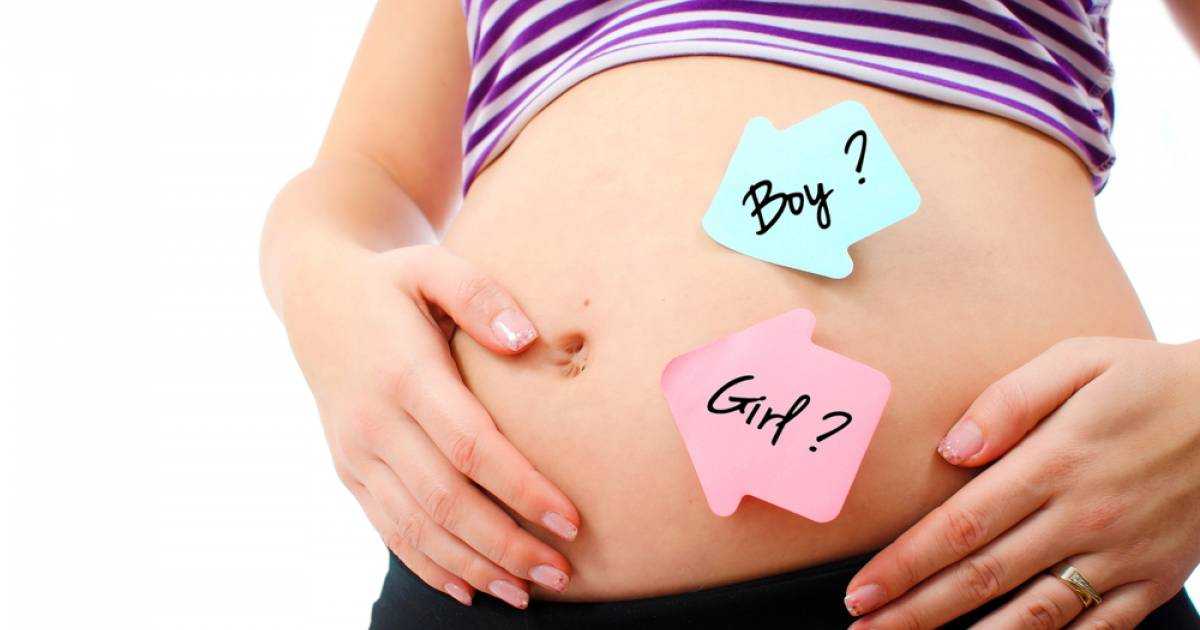 A warm pack on your back or belly may help. You can also ask your doctor or midwife for pain relief.
A warm pack on your back or belly may help. You can also ask your doctor or midwife for pain relief.
Your perineum may be swollen in the first 24 hours after giving birth. You can manage this with the RICE program.
- Rest — lie down to help reduce pain and swelling
- Ice — apply an ice pack for 20 minutes every 2 to 4 hours to reduce the swelling
- Compression — wear firm-fitting underwear and 2 to 3 maternity pads for extra support
- Exercise — start pelvic floor exercises as soon as you comfortably can, but certainly within the first few days
If your perineum is painful, ask your midwife for pain relief. If you have stitches in your perineum, they will dissolve in 1 to 2 weeks. Wash the area normally in the shower and gently pat dry. Eat plenty of fibre and drink a lot of water so your stools are soft. Avoid straining on the toilet and ask for laxatives if you become constipated. Your midwife or doctor will look at your perineum regularly after birth and prior to you going home, to observe for blood loss, bruising and to make sure there are no signs of worsening bruising or trauma to the area.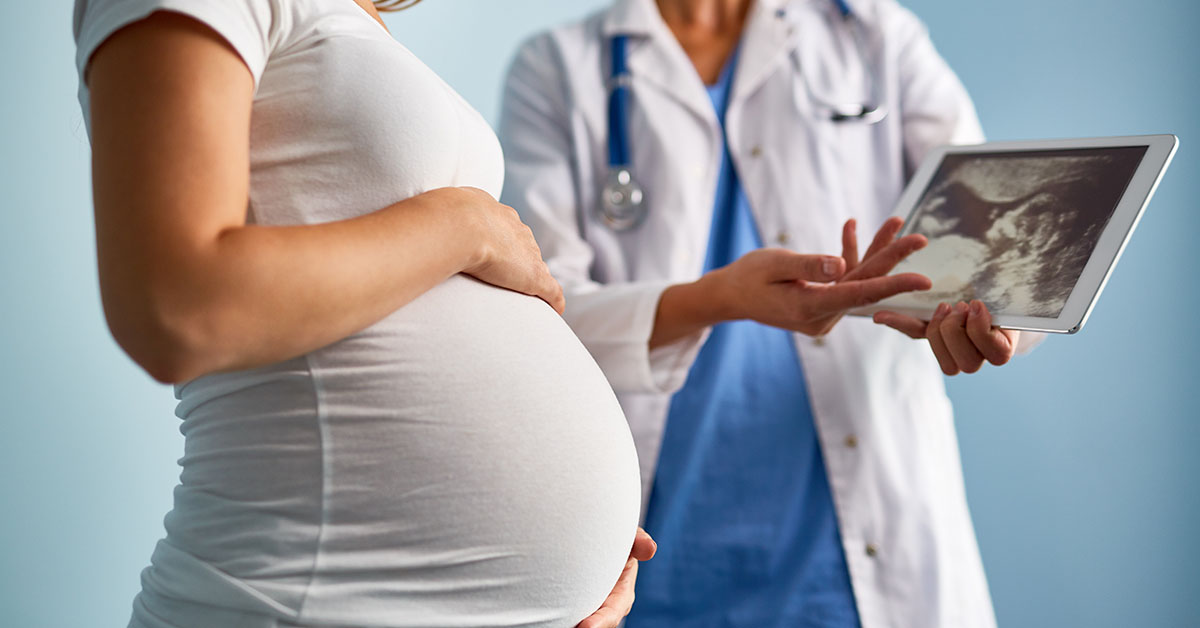
Your breasts will produce colostrum to feed your baby. Normally a small amount is produced. Remember that your baby’s tummy is just the size of a marble.
If you have a straightforward vaginal birth in a public hospital or birthing centre, you’ll probably go home within 24 hours. A midwife might visit you at home. If you have your baby in a private hospital, you might be able to stay longer, if you want to. Ask your hospital what to expect for your length of stay.
If I have a home birth, what care will my midwife provide after the birth?
If you give birth at home, your midwife will stay with you for some time then return later to check on you and your baby. Talk to your midwife before the birth about what happens after.
What if things didn’t go to plan?
Sometimes birth isn’t straight forward, and it can be difficult to plan for this. You may find attending labour and birth classes during your pregnancy can help give you a better understanding of what to expect.
If you have had a difficult birth or complications after birth, it’s a good idea to talk to your healthcare provider in the immediate recovery period whilst you are still in hospital. Although, for some new parents these feeling may not arise immediately. If you are concerned or having ongoing physical or psychological issues in the weeks or months following birth, seeking help early is recommended.
Who can I talk to for advice and support
There are a number of organisations that you can talk to for advice and support:
- Australasian Birth Trauma Association
- ForWhen — Perinatal Depression & Anxiety Helpline
- PANDA
Speak to a maternal child health nurse
Call Pregnancy, Birth and Baby to speak to a maternal child health nurse on 1800 882 436 or video call. Available 7am to midnight (AET), 7 days a week.
Sources:
Australian Commission on Safety and Quality in Health Care (Third and fourth degree perineal laceration during delivery), Raising Children Network (New Mums: Your body after birth), Raising Children Network (Recovery after birth: in pictures), Centre of Perinatal Excellence (COPE) (Recovery from birth), The Royal Women's Hospital (What to expect)Learn more here about the development and quality assurance of healthdirect content.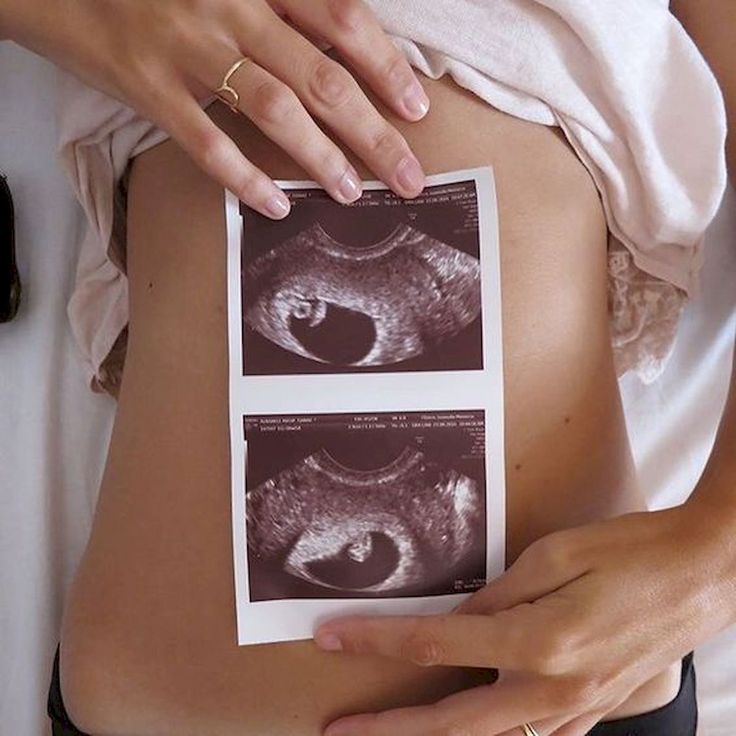
Last reviewed: September 2022
Back To Top
Related pages
- Your baby in the first few days
- Baby's first 24 hours
- Mum's first few days after giving birth
- Birth trauma (emotional)
- Birth injury (to the mother)
Need more information?
For new mums - COPMI
If you're pregnant or a new mum who experiences mental illness or mental health difficulties, this information is important.
Read more on COPMI – Children of Parents with a Mental Illness website
New mums and dads: healthy lifestyle choices
When you’re a new parent, healthy lifestyle choices like healthy eating and physical activity will keep you in good shape to care for your baby. Get tips.
Get tips.
Read more on raisingchildren.net.au website
New mums guide: first weeks of parenting | Raising Children Network
There’s a lot to learn when you’re a new mum. Find your way with our new mums guide to looking after yourself and caring for baby in the first weeks.
Read more on raisingchildren.net.au website
New mums: your body after birth | Raising Children Network
New mums, your body has been through a lot. Here’s all you need to know about vaginal bleeding, afterpains, nipples and breasts, continence and weight.
Read more on raisingchildren.net.au website
For All New Parents - MumSpace
MumSpace is Australias new one-stop website supporting the mental health and emotional wellbeing of pregnant women, new mums and for All New Parents.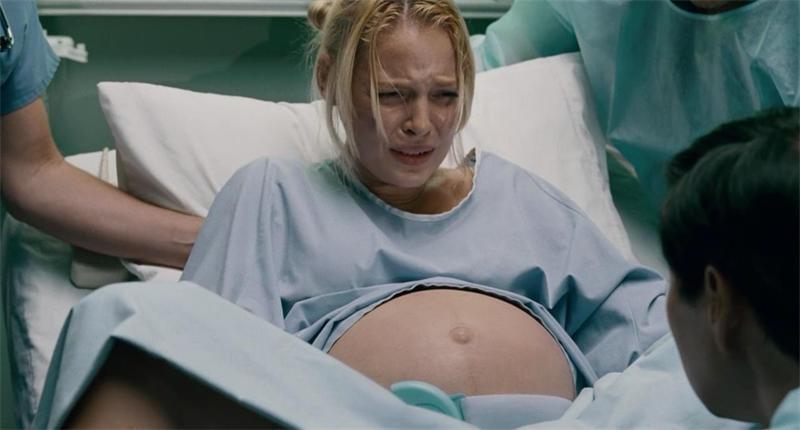
Read more on MumSpace website
About MumSpace - MumSpace
MumSpace is Australias new one-stop website supporting the mental health and emotional wellbeing of pregnant women, new mums and their families.
Read more on MumSpace website
Bonding, talking & listening: young babies | Raising Children Network
This video shows a new mum bonding, connecting and communicating with her baby. It explains how talking to babies in everyday activities helps learning.
Read more on raisingchildren.net.au website
How will you feed your baby?
One of the most important choices you need to make as a new mum is how you will feed your baby. Find out about the different options.
Find out about the different options.
Read more on Pregnancy, Birth & Baby website
New Normal Navigator app
The New Normal Navigator app helps mums, dads and other carers of a child diagnosed with cancer navigate the return home from hospital and the months afterwards.
Read more on healthdirect website
Parenting in a new country | Raising Children Network
This video is about being a parent in a new country. Mums from migrant and diverse cultural backgrounds talk about starting a family in Australia.
Read more on raisingchildren.net.au website
Disclaimer
Pregnancy, Birth and Baby is not responsible for the content and advertising on the external website you are now entering.
Need further advice or guidance from our maternal child health nurses?
1800 882 436
Video call
- Contact us
- About us
- A-Z topics
- Symptom Checker
- Service Finder
- Linking to us
- Information partners
- Terms of use
- Privacy
Pregnancy, Birth and Baby is funded by the Australian Government and operated by Healthdirect Australia.
Pregnancy, Birth and Baby is provided on behalf of the Department of Health
Pregnancy, Birth and Baby’s information and advice are developed and managed within a rigorous clinical governance framework. This website is certified by the Health On The Net (HON) foundation, the standard for trustworthy health information.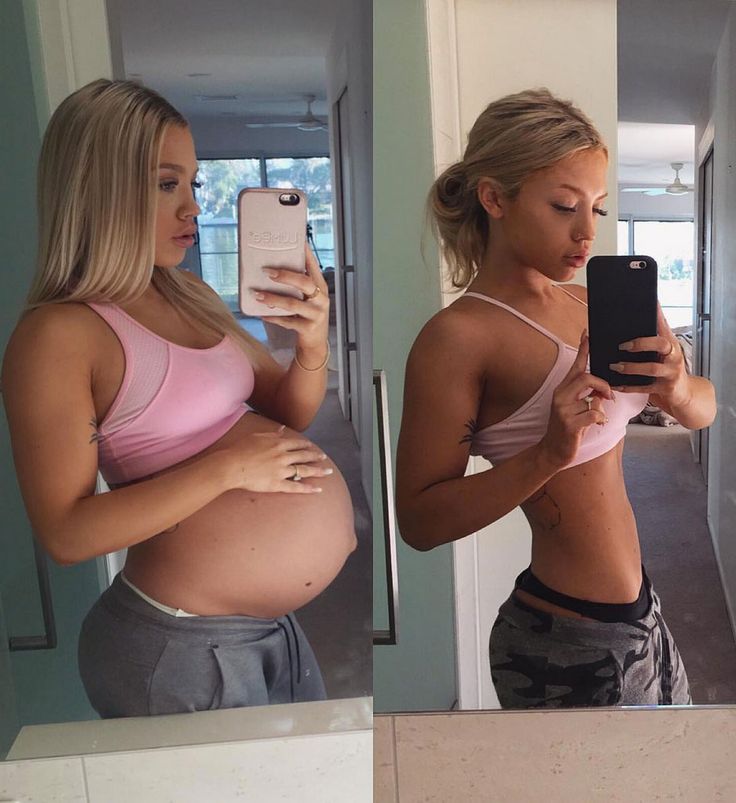
This site is protected by reCAPTCHA and the Google Privacy Policy and Terms of Service apply.
This information is for your general information and use only and is not intended to be used as medical advice and should not be used to diagnose, treat, cure or prevent any medical condition, nor should it be used for therapeutic purposes.
The information is not a substitute for independent professional advice and should not be used as an alternative to professional health care. If you have a particular medical problem, please consult a healthcare professional.
Except as permitted under the Copyright Act 1968, this publication or any part of it may not be reproduced, altered, adapted, stored and/or distributed in any form or by any means without the prior written permission of Healthdirect Australia.
Support this browser is being discontinued for Pregnancy, Birth and Baby
Support for this browser is being discontinued for this site
- Internet Explorer 11 and lower
We currently support Microsoft Edge, Chrome, Firefox and Safari.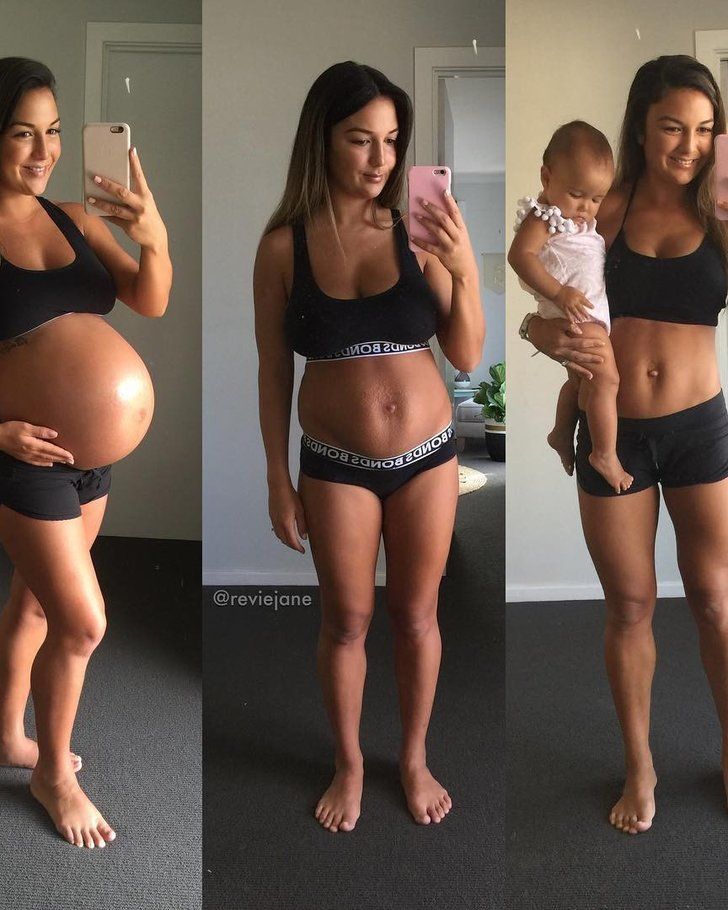 For more information, please visit the links below:
For more information, please visit the links below:
- Chrome by Google
- Firefox by Mozilla
- Microsoft Edge
- Safari by Apple
You are welcome to continue browsing this site with this browser. Some features, tools or interaction may not work correctly.
Pregnancy after childbirth: is it worth the risk?
A second pregnancy immediately after childbirth is quite common. Why do doctors recommend waiting about two years before planning another pregnancy? Learn more about this in our article
IMPORTANT! Information from the article cannot be used for self-diagnosis and self-treatment! Only a doctor can prescribe the necessary examinations, establish a diagnosis and draw up a treatment plan for a consultation! nine0007
Children - the weather - not one happiness, but two. This is the opinion of many women who become pregnant shortly after giving birth. Of course, such kids are more sociable, less selfish, their needs are about the same. Often they even go to first grade together. But for a mother, such a pregnancy is a serious test.
Of course, such kids are more sociable, less selfish, their needs are about the same. Often they even go to first grade together. But for a mother, such a pregnancy is a serious test.
The author of the article: Lekareva Tatyana Mikhailovna, obstetrician-gynecologist, candidate of medical sciences
The body of a woman does not have time to recover from previous births, pregnancy often proceeds with the threat of termination, and childbirth occurs prematurely. Doctors usually recommend waiting about two years before planning another pregnancy. nine0003
It is believed that women resume sexual activity after childbirth after 5-8 weeks. Is it so? Many women postpone the start of their sexual life due to fatigue, decreased libido, and most importantly, because of the fear of an unwanted pregnancy.
Are there ways to help prevent an unplanned pregnancy after childbirth?
To the question "What is important when choosing a method of contraception?" lactating mothers answered:
- no effect on the quality and quantity of breast milk; nine0028
- no effect on the growth and development of the baby;
- high reliability.
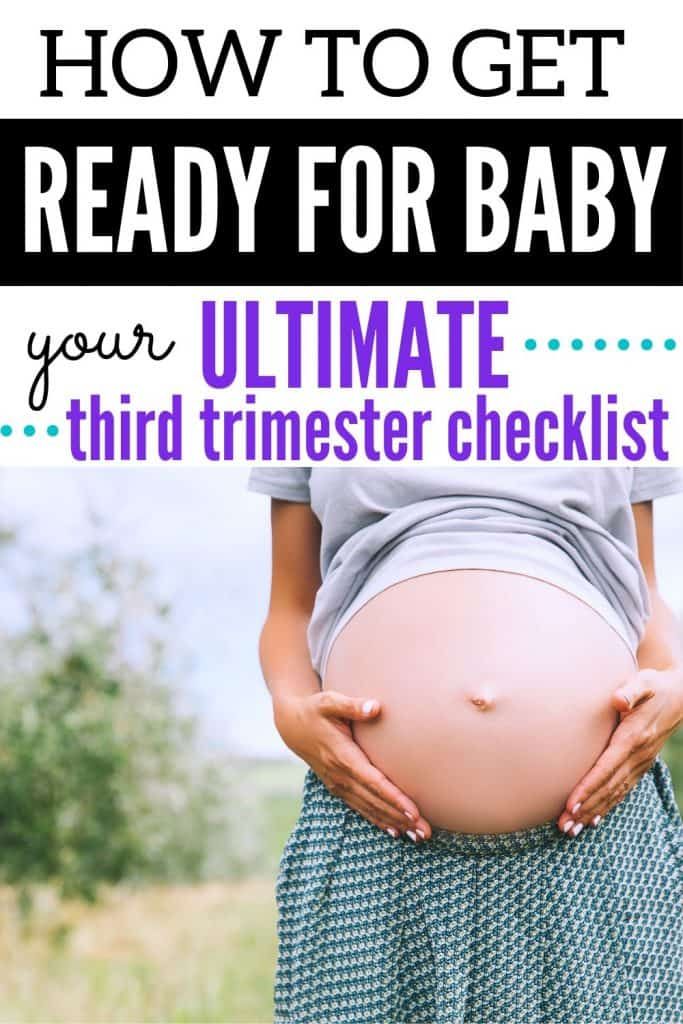
The most common after childbirth is the so-called lactational amenorrhea method, which is based on the temporary loss of the ability to conceive during breastfeeding. The mechanism of action is a change in the production of hormones in the pituitary gland, which occurs due to irritation of the nipples during feeding.
But it must be remembered that contraceptive effectiveness is maintained only if the following rules are strictly observed:
- Postpartum period not more than 6 months;
- Exclusive breastfeeding at least every 4 hours during the day and 6 at night;
- Absence of menses.
Unfortunately, these conditions are not always feasible… What can we offer in this situation?
Barrier methods (condoms) combined with spermicides, i.e. chemicals that cause the death of spermatozoa are readily available and do not have a systemic effect on the woman's body. However, they must be remembered before every sexual intercourse, and even the highest quality condoms can break. nine0003
nine0003
Voluntary surgical sterilization (tubal ligation and transection) may be offered to women over 40 who already have three or more children. The procedure is performed during laparoscopy or at the time of the caesarean section, in a situation where the last birth did not occur through the natural birth canal.
This method is irreversible and if the question of pregnancy later arises, it can only occur with the help of in vitro fertilization (IVF). nine0003
Intrauterine devices do not affect lactation and also do not have a systemic effect on the woman's body. This method is highly effective and confidential, i.e. does not require the consent of the partner to use. The introduction of the spiral is usually done 6-8 weeks after birth. Only a specialist can insert a spiral. Before manipulation, it is necessary to conduct a bacteriological examination of the discharge from the genital tract to exclude infectious processes, both specific, caused by chlamydia, mycoplasmas, Trichomonas, etc. , and non-specific, provoked by their own opportunistic microflora. nine0003
, and non-specific, provoked by their own opportunistic microflora. nine0003
Side effects of intrauterine contraceptives include pain in the lower abdomen, increased menstrual blood loss, intermenstrual bleeding. Expulsion is also possible, i.e. loss or displacement of the spiral. If this fact is not noticed by a woman, the risk of pregnancy will be extremely high.
The most reliable and easily reversible is hormonal contraception. However, combined hormonal contraceptives are contraindicated in breastfeeding women, as they reduce the volume of breast milk and may affect the development of the liver and brain of newborns. nine0003
In this situation, progestogen contraceptives are most often recommended. This type includes several methods - tablet preparations, depot preparations, subcutaneous implants, hormone-containing intrauterine systems.
The most commonly used in our time are precisely tablet preparations, known as "mini-pill". Their main difference from "ordinary" contraceptive pills is the presence of only one active ingredient, progestogen, an analogue of the hormone progesterone. Such drugs meet all the requirements for contraception for nursing mothers. nine0003
When can I start using minipills? According to the recommendations of the World Health Organization, 6 weeks after birth, i.e. just at the moment when many women resume their sexual life. Moreover, it is acceptable to start taking as early as 3-4 weeks after birth, if other methods are unacceptable.
Conditions for starting these drugs include:
- exclusive breastfeeding and absence of menstruation, if no more than 6 months have passed after childbirth; nine0028
- 4 weeks postpartum if not lactating;
- first 7 days of the menstrual cycle;
- confidence in the absence of pregnancy.
The main mechanism of action of such drugs is to increase the viscosity of the mucus in the cervix, which makes it difficult for sperm to penetrate through it. Modern drugs containing desogestrel also suppress ovulation, i.e. drastically increase the efficiency.
Instructions for use:
- non-breastfeeding women start on the first day of the menstrual cycle; nine0028
- tablets are taken daily, at the same time, after meals, in the evening;
- additional (barrier) methods of contraception must be used during the first 7 days;
- if you are sure that you are not pregnant (the menstrual cycle has not returned, the child is exclusively breastfed), you can start taking the drug on any day.
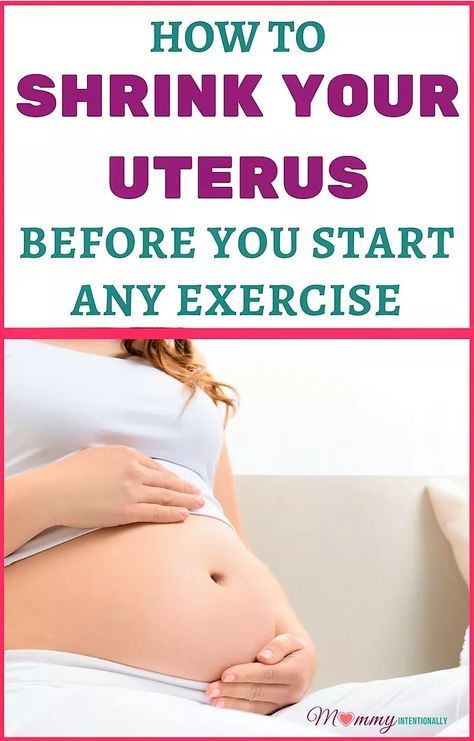
Classically, the deviation from the prescribed intake time should not exceed 3 hours, but for preparations containing desogestrel, this interval reaches 12 hours, which is very convenient, given that all the thoughts of a woman at this time are busy taking care of the baby. nine0003
And finally, a few words about emergency contraception. If unprotected intercourse has occurred, it is important to assess the real possibility of pregnancy. If less than 6 months have passed since the birth and the baby is breastfed, the risk is minimal. If these conditions are not present, emergency contraception should be used as soon as possible.
These can be special tablets designed specifically for use after unprotected intercourse, they can be taken within 96 hours, or the introduction of an intrauterine device is possible, this procedure can be carried out within 5 days.
However, if you have had to use emergency contraception, you do not have a reliable permanent method.
See a doctor who can help you avoid such emergencies. Together with your doctor, you will choose a reliable, safe method of contraception that is right for you, and peace and harmony will reign in life, family and relationships with your loved one.
You can sign up for a consultation with our specialist online on the clinic website or by calling +7 812 327 03 01.
New pregnancy in the first year after childbirth in questions and answers
The pregnancy ended in childbirth, the new mother is completely absorbed in caring for the baby, the cycle has not yet recovered. Many people say that you can’t get pregnant while breastfeeding, and young parents relax ... after which it suddenly turns out that the next pregnancy has come. nine0003
How could this happen? After all, there was no menstruation, and the baby regularly sucks at the breast.
The absence of menstruation during breastfeeding is called lactational amenorrhea.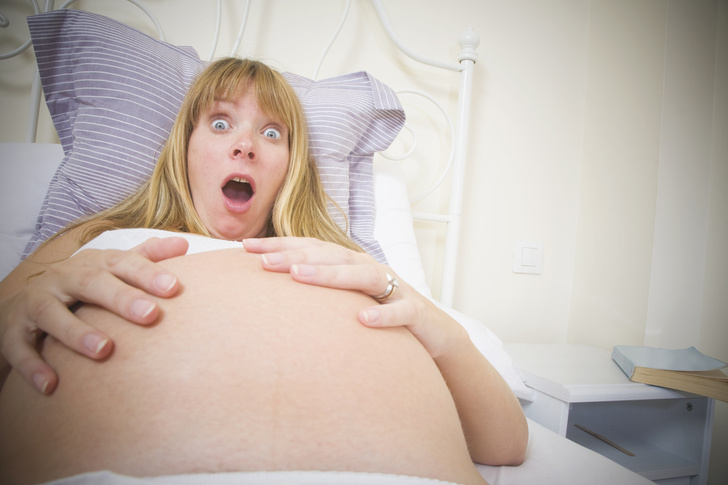 This period is considered a natural method of contraception, however, for its successful use, a number of important points must be observed. The hormone prolactin that provokes milk production inhibits ovulation - the maturation of the egg. In order for this to happen, regular feedings are very important. If the sucking break is prolonged, then the level of hormones that stimulate ovulation rises, and at some point this may be enough for the egg to grow and be released from the ovary. nine0003
This period is considered a natural method of contraception, however, for its successful use, a number of important points must be observed. The hormone prolactin that provokes milk production inhibits ovulation - the maturation of the egg. In order for this to happen, regular feedings are very important. If the sucking break is prolonged, then the level of hormones that stimulate ovulation rises, and at some point this may be enough for the egg to grow and be released from the ovary. nine0003
It is generally not recommended to feed less than once every 2-4 hours, more often is better. But if the baby likes to sleep at night, then even a 6-hour break in sucking can end in ovulation. Menstruation comes about a couple of weeks after ovulation took place, and if fertilization occurred in the first ovulation after childbirth, then menstruation does not begin.
And now what to do? Is it safe to carry a baby almost immediately after a previous birth?
As a rule, the body starts the process of egg maturation if it is ready for gestation.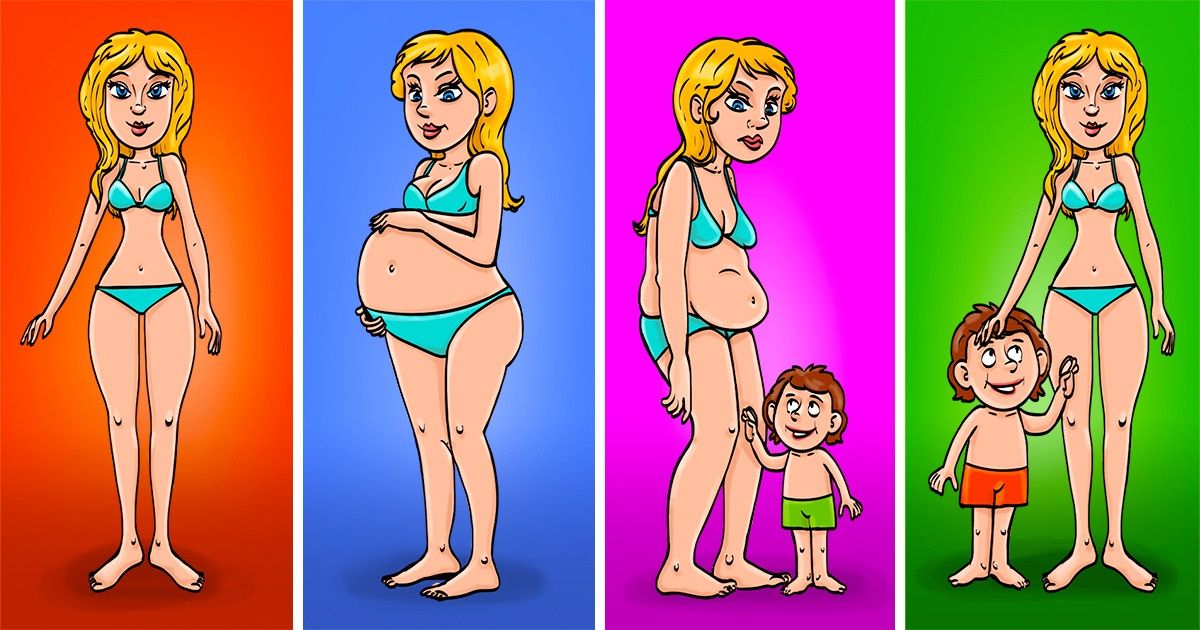 This is easily seen in women who are trying their best to give birth to the weather (children, with a difference of less than two years), but they do not succeed. It is rather difficult to cope with feeding and bearing at the same time, and if conception did occur during breastfeeding, then this indicates that the woman’s body considered this task feasible.
This is easily seen in women who are trying their best to give birth to the weather (children, with a difference of less than two years), but they do not succeed. It is rather difficult to cope with feeding and bearing at the same time, and if conception did occur during breastfeeding, then this indicates that the woman’s body considered this task feasible.
Of course, the future mother of the weather will have to take care of herself with double diligence. It is very important not to get tired and to protect yourself from stress as much as possible. It is necessary to involve assistants in caring for the child, if possible. Believe me, your health - physical and mental - is much more important than the pride that you managed to cope with everything alone. Asking for help is absolutely normal, it does not characterize you as a person in any way, and does not speak of your insolvency. It's normal to be tired, it's normal not to cope. Everyone needs help from time to time. And during the period of bearing a baby, the need for someone who will make life easier and other areas of life is extremely high.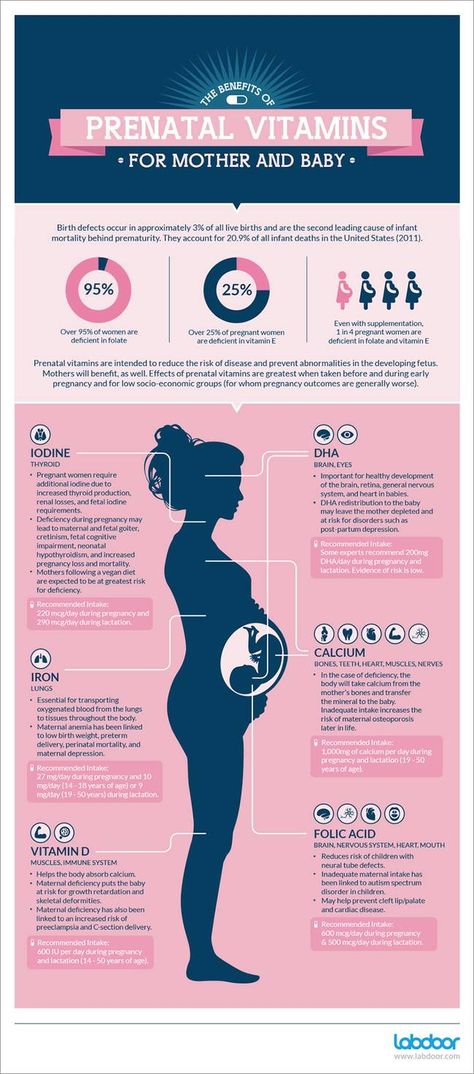 nine0003
nine0003
Don't try to take everything on yourself, because you already have a huge burden on you. Try to take care of yourself as you would take care of your daughter if she were in a similar situation. It is unlikely that you would begin to hang more duties on her and demand their indispensable fulfillment. Be kind to yourself. Now this is really important.
Is it possible to continue to feed the now “older” baby?
Many women practice breastfeeding during pregnancy, and then, after giving birth, they feed two children at the same time. This type of feeding is called "tandem". How do you know if breastfeeding during pregnancy is safe for you personally? nine0003
It is important to learn to listen to your body. After all, it always signals if it is hard or bad for him. When a woman is pregnant, all the nutrients first go to the baby that develops in the uterus. And the “sucker” gets it already according to the residual principle.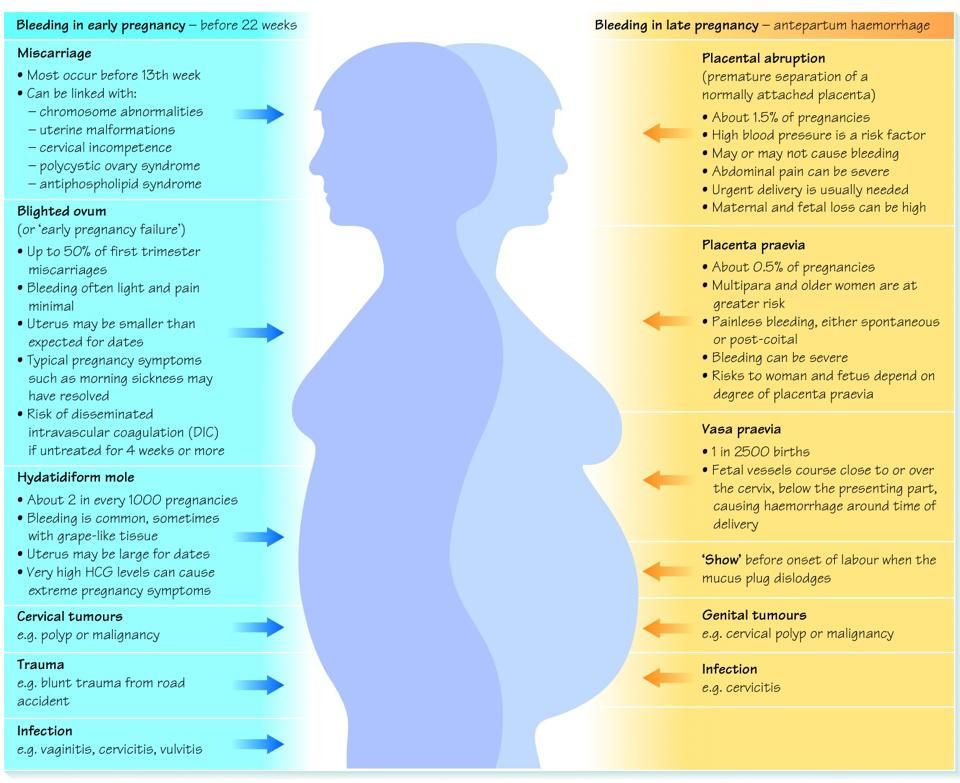 If it is difficult for the body to cope with both of these functions, then milk either disappears or feeding becomes painful. This usually happens not earlier than the fifth month, because in the early stages the needs of the developing embryo are small, and it is not difficult to provide food for both him and the older baby. But with the active growth of the fetal body, the need for building material increases, and if it is not enough, the mother's body signals with unpleasant sensations or simply turns off the lactation function. nine0003
If it is difficult for the body to cope with both of these functions, then milk either disappears or feeding becomes painful. This usually happens not earlier than the fifth month, because in the early stages the needs of the developing embryo are small, and it is not difficult to provide food for both him and the older baby. But with the active growth of the fetal body, the need for building material increases, and if it is not enough, the mother's body signals with unpleasant sensations or simply turns off the lactation function. nine0003
Many women say that during pregnancy, which came on the background of feeding, their milk gradually became colostrum-like, and then completely disappeared. For some, lactation is restored closer to childbirth. For others, only after the birth of a new baby. Be that as it may, it is important to understand that the body is not its own enemy, and it will tell about everything that does not suit it if you start listening to it.
If you have had a miscarriage, pregnancy problems, or a leaky cervix in the past, it is best to stop breastfeeding.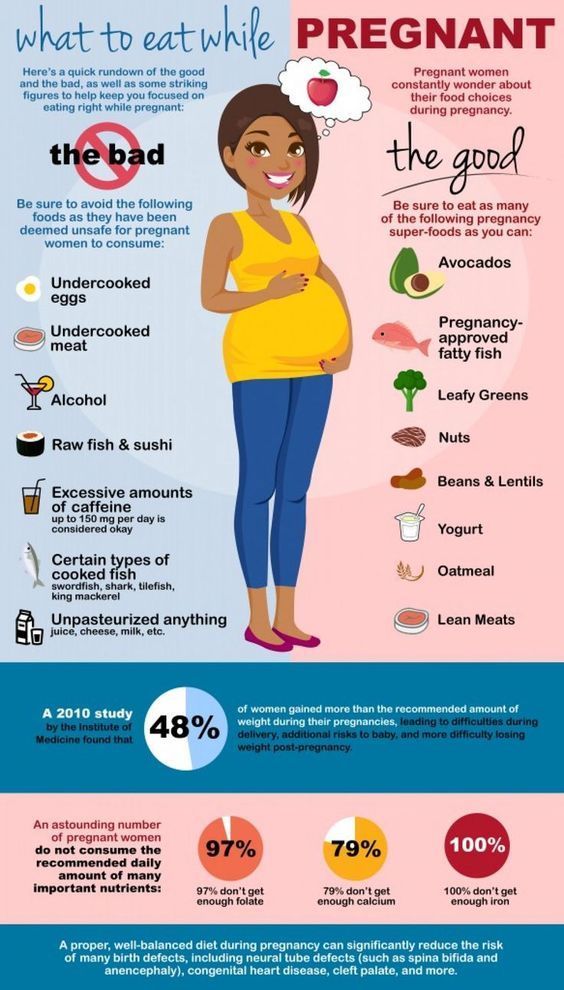 Be sure to check with your doctor about how to do this in the most gentle way for you and for the child. nine0003
Be sure to check with your doctor about how to do this in the most gentle way for you and for the child. nine0003
Will everything be fine with a new pregnancy, because the body might not have time to recover, will it be able to fully grow another little man?
If the mother is healthy and the pregnancy is proceeding normally, then there is no reason to believe that the body can not cope with the bearing of a new baby. Even with a scar on the uterus, it is possible to endure a pregnancy that occurred in the first year after childbirth, although doctors recommend an interval after cesarean of two years. nine0003
Moreover, according to statistics, births that take place with a short interval after the previous ones are more easy and safe. Apparently, the body still "remembers" how it was, and the process goes "on the knurled".
But this does not mean that you can not prepare for childbirth, hoping that everything will happen by itself.